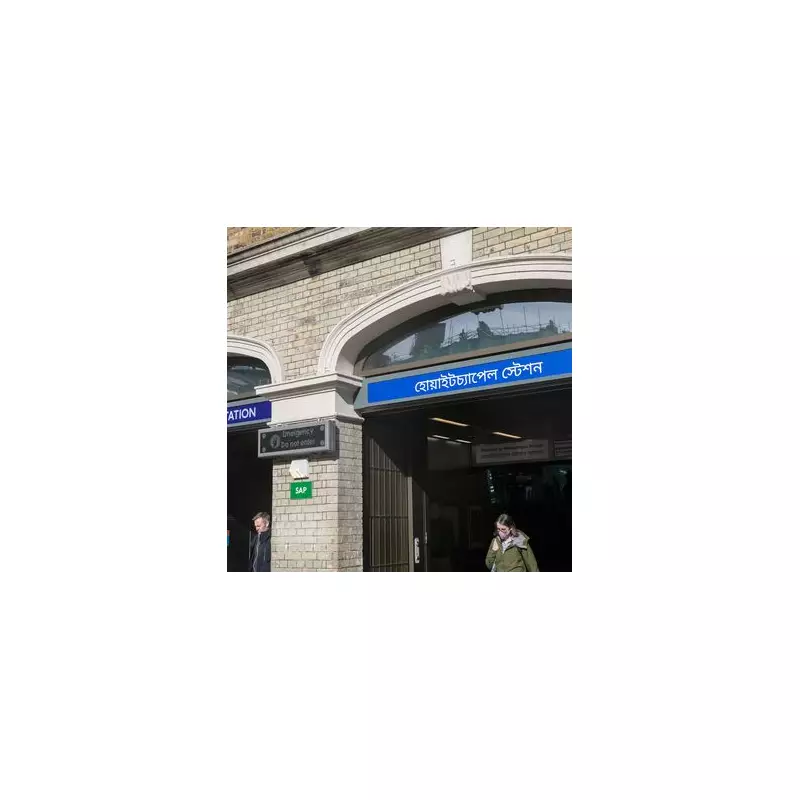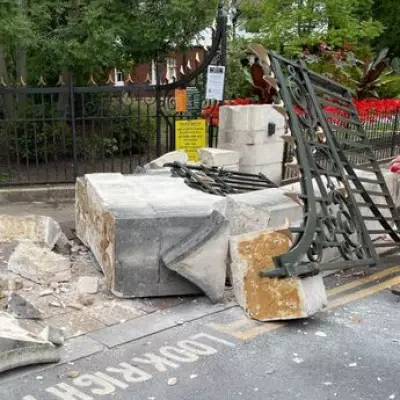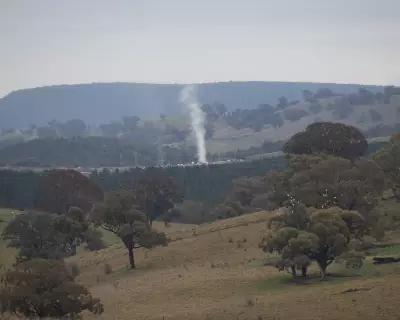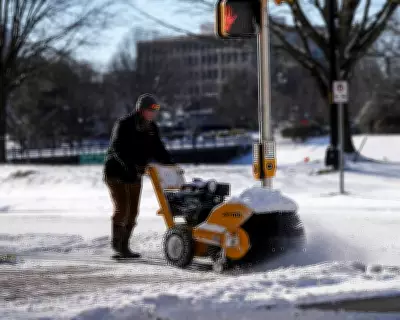
London Mayor Sadiq Khan has issued a robust defence of his Ultra Low Emission Zone policy after facing heated accusations from Conservative MP Nick Fletcher, who branded the scheme a deliberate "tax grab" targeting East London communities.
The political clash erupted when the Don Valley MP directly challenged the Mayor in Parliament, claiming the £12.50 daily charge for non-compliant vehicles was disproportionately affecting working-class families in East London who could least afford it.
"Clean Air, Not Cash" - Khan's Firm Rebuttal
In an exclusive response to MyLondon, the Mayor's office delivered a pointed rebuttal, emphasising that the primary motivation behind ULEZ expansion remains public health protection rather than revenue generation.
"This is about cleaning up London's toxic air, not making money," a spokesperson for the Mayor stated. "The Mayor has been clear that the decision to expand the ULEZ was a difficult one, but with 4,000 Londoners dying prematurely each year due to air pollution, inaction was not an option."
East London's Air Quality Crisis
City Hall data reveals alarming statistics about air pollution levels in East London boroughs, with areas like Newham, Barking and Dagenham consistently recording some of the capital's worst air quality readings. The Mayor's team highlighted that children growing up in these communities face significantly higher risks of developing asthma and other respiratory conditions.
The spokesperson added: "We're focused on supporting Londoners through this transition, which is why we've expanded the scrappage scheme to include all Londoners on lower incomes and small businesses."
Political Battle Lines Drawn
This exchange marks the latest escalation in the ongoing political battle over London's environmental policies. MP Fletcher's intervention reflects growing Conservative opposition to the scheme, which expanded to cover all London boroughs in August 2023.
Meanwhile, the Mayor's office continues to defend the policy as a necessary measure to address what they describe as a "public health emergency" affecting London's most vulnerable communities.
The controversy shows no signs of abating, with both sides digging in for what promises to be a prolonged political confrontation over London's environmental future.





